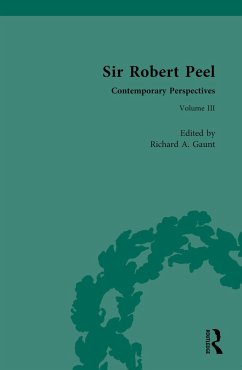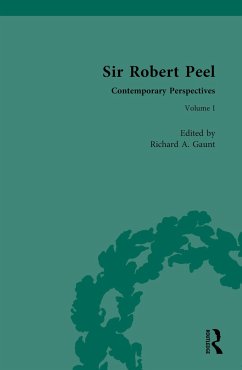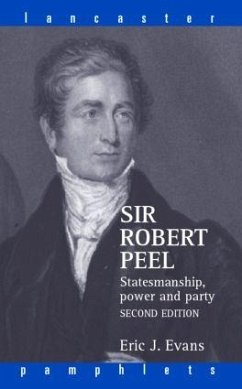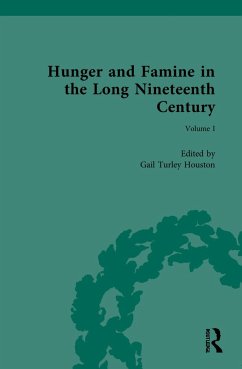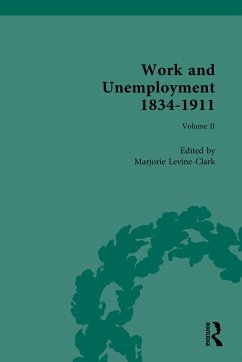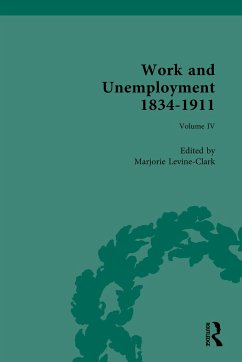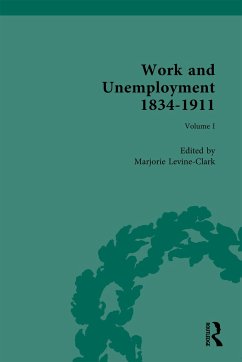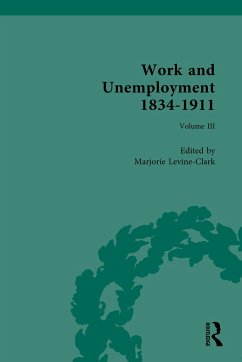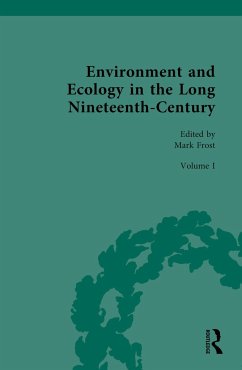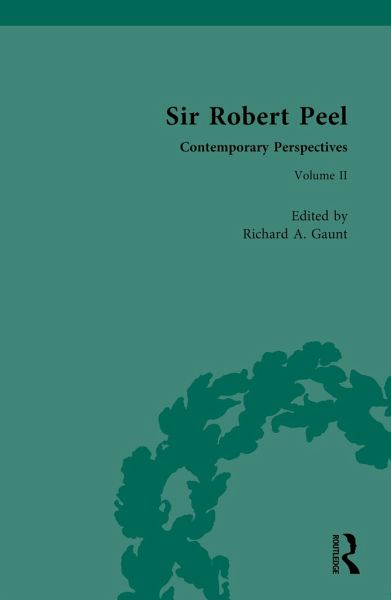
Sir Robert Peel
Contemporary Perspectives
Herausgegeben: Gaunt, Richard
Versandkostenfrei!
Versandfertig in 6-10 Tagen
128,99 €
inkl. MwSt.
Weitere Ausgaben:

PAYBACK Punkte
64 °P sammeln!
Sir Robert Peel (1788-1850) was one of the most significant political figures in nineteenth-century Britain. He was also one of the most controversial. In this new, three-volume edition, Dr Richard Gaunt, an authority on Peel's life and work, brings together a range of contemporary perspectives considering Peel's life and achievements. From the first observation of Peel's precocious talent as an Oxford undergraduate to his burgeoning reputation as a cabinet minister, the volumes draw together sources on Peel's forty-year political career. The edition pays particular attention to the most contr...
Sir Robert Peel (1788-1850) was one of the most significant political figures in nineteenth-century Britain. He was also one of the most controversial. In this new, three-volume edition, Dr Richard Gaunt, an authority on Peel's life and work, brings together a range of contemporary perspectives considering Peel's life and achievements. From the first observation of Peel's precocious talent as an Oxford undergraduate to his burgeoning reputation as a cabinet minister, the volumes draw together sources on Peel's forty-year political career. The edition pays particular attention to the most controversial aspects of his political life - the granting of Catholic Emancipation in 1829, his 'founding' of the Conservative Party during the 1830s and the achievements of his landmark government of 1841-6, culminating in the repeal of the corn laws in 1846. It also considers Peel's post-1846 career, and the unusual position he occupied in British politics before his untimely death in 1850. Combining perspectives from different parts of the political spectrum, the collection will be of use to a wide range of researchers, with interests in history, politics, religion, economics and political biography.




